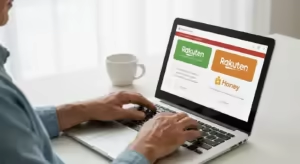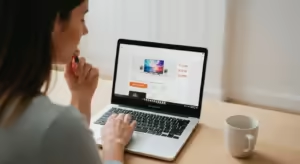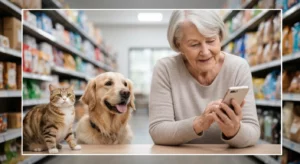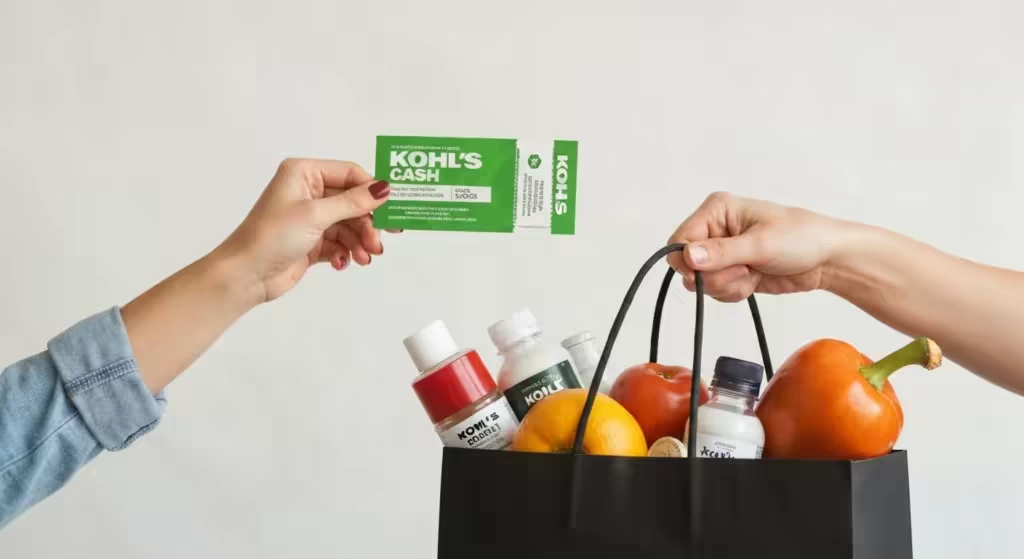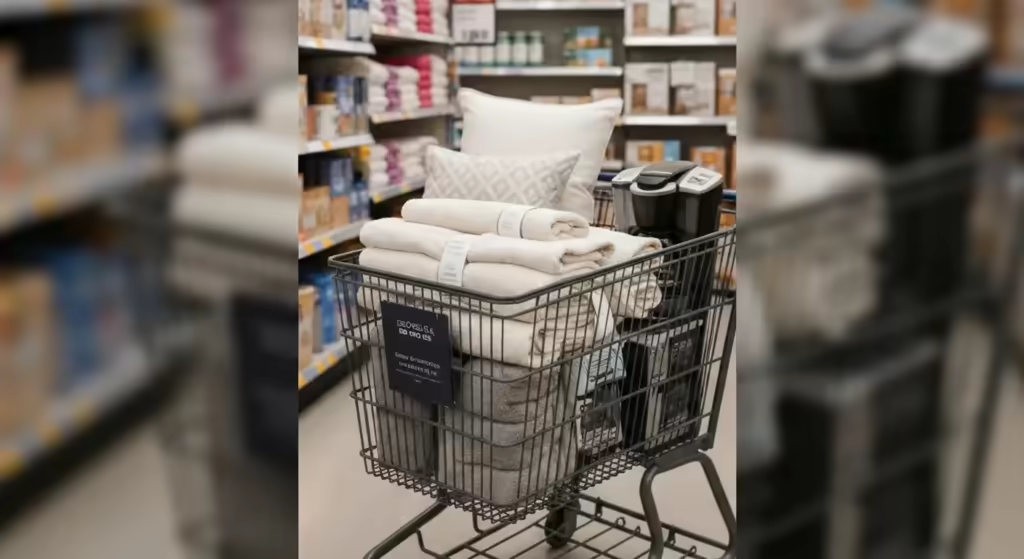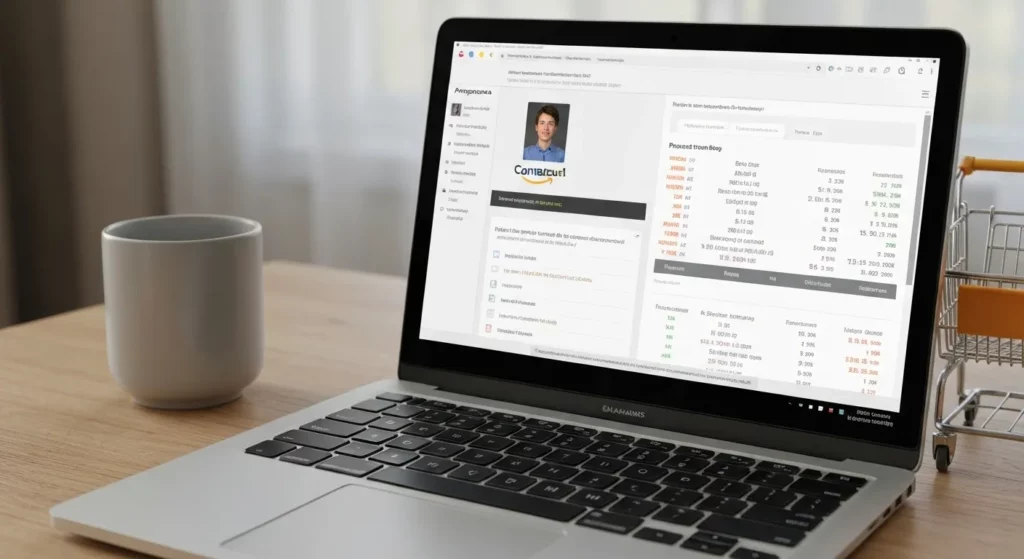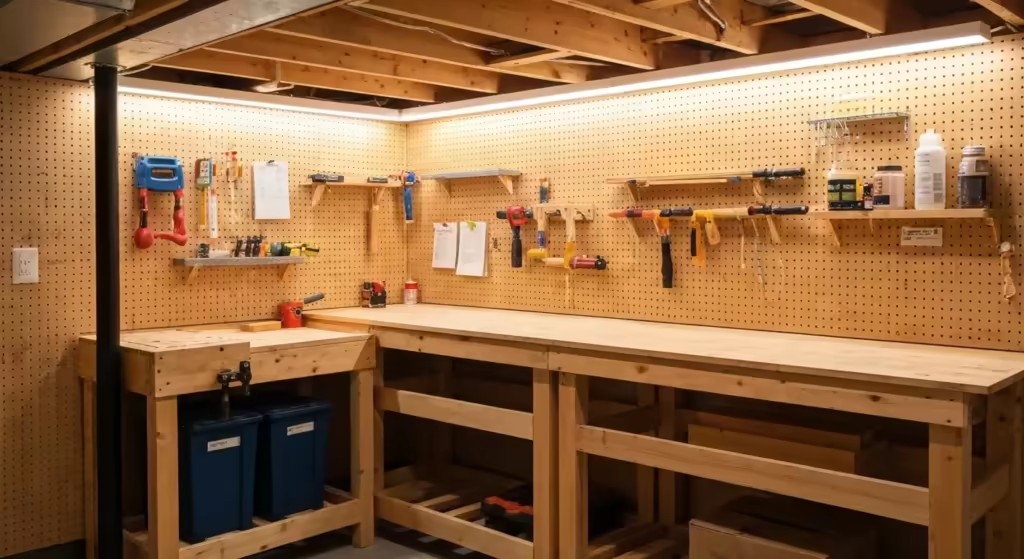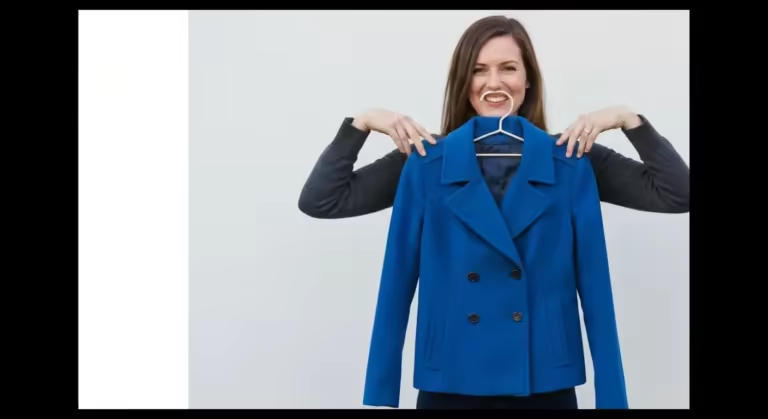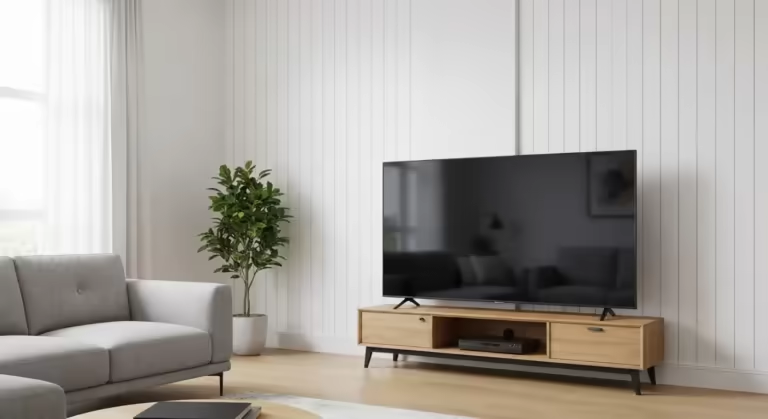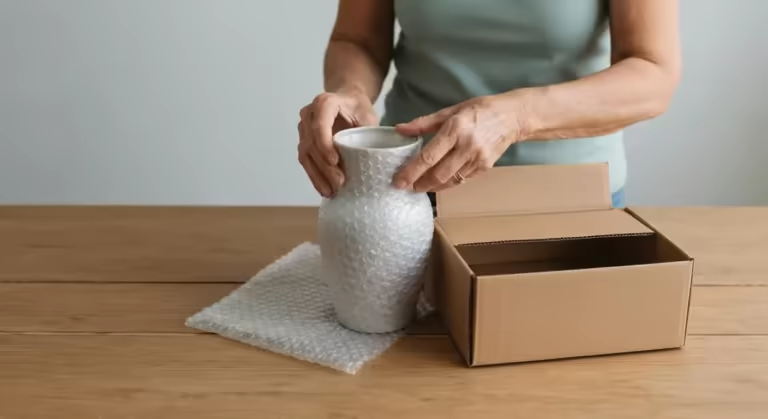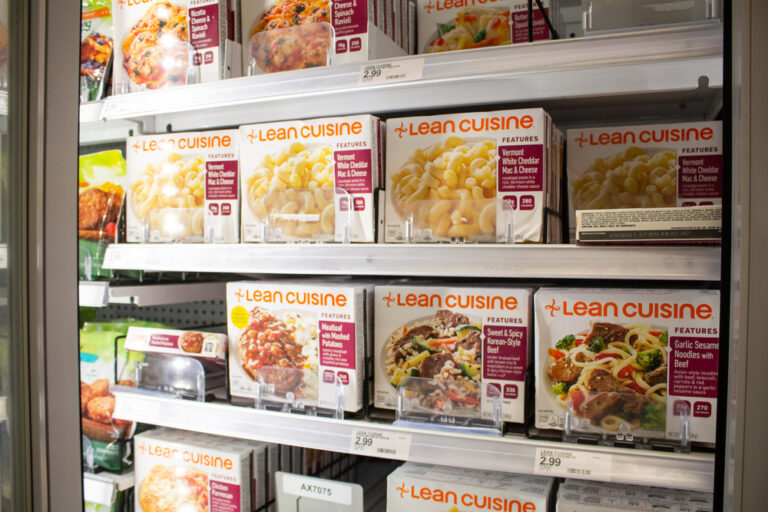It all started with a piece of toast. A simple piece of whole wheat toast, lightly browned, with a thin layer of butter. It was my morning ritual, the quiet kickoff to another day in my retirement. But on this particular Tuesday, as I took a bite, a sharp, electric jolt shot up from my back molar, rattling my jaw and making me wince.
I put the toast down and gently probed the area with my tongue. It wasn’t the sharp pain of a cavity, not exactly. It was a deeper, more persistent ache that seemed to emanate from the gums themselves. A dull, throbbing protest that had been whispering for weeks and had now decided to shout.
Later, standing in front of the bathroom mirror, I pulled my lip back for a better look. The reflection wasn’t reassuring. My gums, especially around that troublesome molar, looked angry. They were red, a little puffy, and definitely not the healthy, pale pink they were supposed to be. I knew, with a sinking feeling in my stomach, that I couldn’t ignore this any longer.
The problem wasn’t denial. The problem was money. Plain and simple.
I’ve been retired for three years now. I live on a modest fixed income—my Social Security check and a small pension from the 35 years I spent working at the factory. It’s enough to get by. I have my small house, my car is paid off, and I’m careful with my budget. But there’s not a lot of room for surprises. And a surprise dental bill is one of the biggest, scariest kinds.
When I was working, I had dental insurance. I never thought twice about it. I’d get a reminder card in the mail, make an appointment, pay my $25 co-pay, and be on my way. The actual cost of the cleaning, the x-rays, the dentist’s time—it was all an abstract number on a form I never really looked at. Now, that abstraction was about to become very, very real.
My Medicare plan, like most, doesn’t cover routine dental care. No cleanings, no fillings, no crowns. That safety net I’d paid into my whole working life had a giant, tooth-shaped hole in it. The thought of calling my old dentist’s office and asking for the out-of-pocket price for a new patient exam and cleaning filled me with a quiet dread. I guessed it would be a few hundred dollars, maybe more. If they found a problem, which they almost certainly would, the cost could easily balloon into the thousands.
That afternoon, I sat in my favorite armchair, the television humming in the background, but I wasn’t watching. I was just staring at my monthly budget spreadsheet on my notepad. Where would that money come from? My grocery budget? The little bit I set aside for gas and car maintenance? The small fund I kept for emergencies, which was already depleted from a plumbing issue last winter?
I felt a hot flush of embarrassment creep up my neck. I had worked hard my entire life. I had been responsible. I had saved. How did I end up here, in my late sixties, unable to afford to have my teeth cleaned? It felt like a personal failing, a secret shame I didn’t want to admit to anyone.
My First Frustrating Steps: A Journey into the Land of “Low-Cost”
I knew I had to do something. Pride couldn’t fix my gums. So, I turned to the one tool I had: my old, trusty desktop computer. I sat down, the screen glowing in the dim room, and typed in my first hopeful query: “low-cost dental care for seniors.”
The search results were a confusing flood of information. Ads popped up promising “affordable” dental implants and dazzling white smiles. I clicked on a few links for something called “dental discount plans.” The websites were slick. They promised huge savings, 20% to 50% off standard dental fees, all for a low monthly or annual premium.
I spent an hour reading the fine print. It wasn’t insurance. It was more like a club membership. You pay a fee to get access to a network of dentists who have agreed to offer lower rates. It sounded good on the surface, but I was skeptical. Would my old dentist be in the network? Probably not. Would the dentists in the network be any good? How much was the “standard fee” they were taking a discount from? It felt complicated, and the last thing I wanted was another monthly bill for a service I might not be happy with. I closed the tabs, feeling more confused than when I started.
My next approach was more direct. I decided to just call a few dental offices and ask about their prices. This was harder than it sounds. It took a lot for me to pick up the phone. It felt like I was announcing to a stranger, “Hello, I’m poor. How much will your charity cost me?”
The first call was to a modern-looking dental group in a nearby suburb. The receptionist was polite but brisk.
“I’d like to know the cost for a new patient exam, x-rays, and a basic cleaning,” I said, trying to sound casual. “I’ll be paying out-of-pocket.”
“Certainly,” she said. I heard the clacking of her keyboard. “For a comprehensive new patient exam, a full set of x-rays, and a standard prophy cleaning, our cash price is $385.”
I felt my throat tighten. “Three hundred and eighty-five dollars?” I repeated, my voice a little weaker than I wanted.
“Yes, that’s correct. Would you like to schedule an appointment?”
“No, thank you. I’m just gathering information,” I mumbled and hung up the phone. My hand was clammy. That was nearly my entire grocery budget for the month. I tried two more offices. One quoted me $320, the other $410. The numbers were all in the same impossible ballpark. I pushed my chair back from the desk, defeated. The dull ache in my gum felt a little louder now, mocking my failure.
This was my first big lesson, and it was a hard one: searching for “cheap” or “low-cost” when you truly have no room in your budget is a recipe for discouragement. The commercial dental world, even at its “discounted” level, was still a world I couldn’t afford to live in.
A Turning Point Over a Game of Cards
A few days later, I was at the local senior center for my weekly pinochle game. I love the game, but mostly I love the company. It’s a good group of guys. That day, though, I couldn’t focus. I was making silly mistakes, trumping my partner’s ace, and generally playing terribly.
My friend Bill, a retired postal worker with a sharp eye, noticed I was off my game. During a break, he pulled me aside near the coffee station.
“Frank, you alright?” he asked, his voice low. “You seem a million miles away.”
I shrugged, not wanting to get into it. “Just some things on my mind. Money worries, you know how it is.”
Bill nodded sympathetically. “I hear that. The dollar doesn’t stretch like it used to.” He took a sip of his coffee and then looked at me directly. “Is it your teeth? I’m only asking because you winced a minute ago when you drank that.”
His directness caught me off guard, but it also opened a door. I was tired of carrying this worry alone. I found myself telling him everything—the pain, the fear of the cost, the frustrating phone calls.
He listened patiently, nodding. When I was done, he didn’t offer sympathy. He offered a solution.
“Frank, you’re looking in all the wrong places,” he said. “Forget the private dentists and those discount plans. You need to look for two things: community health clinics and dental schools.”
I’d heard of community clinics before, but I always pictured them as places for… well, for other people. I never thought of them for me. And a dental school? The thought of a student poking around in my mouth was a little unnerving.
Bill saw the hesitation on my face. “Hear me out,” he said. “The community clinic downtown has a fantastic dental department. They operate on a sliding scale based on your income. For someone on a fixed income like us, the cost can be next to nothing. And my niece got her wisdom teeth out at the university’s dental school. Said it took a while, but the students were supervised by seasoned pros and it cost her a fraction of what her dentist quoted.”
That conversation was the single most important moment in my entire journey. It was a complete shift in my perspective. It wasn’t just the information itself; it was that it came from a peer, a friend who understood my situation. He handed me a piece of paper with the name of the clinic he mentioned written on it. It felt like a map out of the woods.
The New Search: A Path to Real Solutions
That evening, I felt a renewed sense of purpose. I sat down at my computer again, but this time my search terms were different. Following Bill’s advice, I typed in: “community dental clinic near me” and “free dental cleaning for seniors.”
The results were completely different. There were no flashy ads. Instead, I found links to city and county health departments, non-profit organizations, and university websites. It felt less like a marketplace and more like a public service.
I started with the name Bill gave me: the “Oakwood Community Health Center.” Their website was simple and straightforward. I clicked on a tab that said “Dental Services” and then found a link for “Financial Assistance & Sliding Scale.”
This was it. The page laid out the whole process. To qualify for their sliding scale fee program, I would need to provide proof of my income. The list was specific: my most recent Social Security benefits letter, a statement for my pension, and my last month’s bank statement.
A part of me bristled at this. It felt invasive. I had to lay my entire financial life bare for strangers to judge whether I was “poor enough” for help. It was a humbling moment. But then I thought about the throbbing in my jaw. I swallowed my pride and began gathering the documents. It took about an hour to find everything and make photocopies. I put them all in a neat manila folder. It felt like I was preparing for an audit, but also for a rescue.
My First Call to the Community Clinic
The next morning, I took a deep breath and dialed the number for the clinic. I was expecting a long hold time or an automated system that would lead me in circles. Instead, a real person answered on the third ring.
“Oakwood Community Health, this is Maria. How can I help you?” she asked. Her voice was warm and calm.
I explained my situation—that I was a new patient, a senior on a fixed income without dental insurance, and I needed to get my teeth cleaned.
Maria didn’t miss a beat. “You’ve absolutely called the right place,” she said, and I could feel the tension in my shoulders start to release. “We can definitely help you with that. The first step is to come in for a financial screening to get you set up on our sliding scale. Do you have a moment to talk about the documents you’ll need to bring?”
She patiently walked me through the same list I had seen on the website, but hearing her explain it made it feel less intimidating. She wasn’t just a receptionist; she was a guide. She answered my questions without making me feel foolish. By the end of the ten-minute call, I had an appointment scheduled for the following week—not for a cleaning, but for the financial intake. It was a step, a concrete step forward.
This was my next crucial lesson: Don’t be afraid of the process. Yes, there was paperwork. Yes, I had to ask for help. But on the other end of the line was a kind human being whose job it was to help people just like me. My fear of being judged was all in my head.
The Intake Appointment: Facing the Numbers
I drove to the clinic on a sunny Thursday morning. It was located in a modest but clean brick building in a part of town I didn’t frequent. I was a little nervous walking in, not sure what to expect.
The waiting room surprised me. It wasn’t grim or depressing. It was bright and busy, filled with a cross-section of my community. There were young moms with toddlers, men in work clothes on their lunch break, and several other people who looked to be around my age. I took a seat, and for the first time, I didn’t feel like an outcast. I felt like I was just one of many people trying to take care of themselves on a budget. The sense of shared experience was comforting.
My name was called, and I was led to a small, private office. A woman named Sarah introduced herself as my financial counselor. She had a gentle smile. I handed her my manila folder, feeling like a student handing in a big assignment.
She reviewed my documents with a quiet professionalism that was incredibly reassuring. There was no judgment in her eyes, only concentration. She typed numbers into her computer, tapped on her calculator, and then looked up at me.
“Okay, Mr. Davison,” she said. “Based on your income, you qualify for our lowest fee tier. That means an exam and cleaning would normally cost you just $25.”
I let out a breath I didn’t realize I’d been holding. Twenty-five dollars. I could do that. I could do that today. The relief was immense.
But then she said something that changed everything.
“However,” she continued, “we’ve just received a grant from the ‘Seniors’ Smile Foundation.’ It’s a special program specifically to provide preventative dental care for local residents over 65. If you’re willing to schedule your appointment on one of our designated Senior Care Days next month, the exam, x-rays, and cleaning will be completely… free.”
Free. The word just hung in the air for a moment. I stared at her, not sure if I had heard correctly.
“Completely free?” I asked.
“One hundred percent free,” she confirmed with a smile. “The grant covers the entire cost. We have an opening in three weeks. Would you like me to book that for you?”
I felt a wave of emotion so strong it almost knocked me over. It was gratitude, relief, and a profound sense of being seen and cared for by my community. I hadn’t just found a low-cost option; I had found a lifeline. I nodded, unable to speak for a moment. “Yes,” I finally managed to say. “Yes, please.”
The Day of the Cleaning: More Than Just My Teeth
I walked out of that clinic feeling ten feet tall. I had an appointment card in my pocket for a free dental cleaning. The nagging ache in my gum already seemed to have subsided, chased away by the sheer relief of having a plan.
The three weeks leading up to the appointment passed quickly. On the day, I arrived a little early, feeling a mix of anticipation and nervousness. I was led back to the dental area, which was just as modern and clean as any private office I’d ever been in.
The dental hygienist, a young woman named Chloe, was fantastic. She had a bright, cheerful energy that put me at ease immediately. She explained every single thing she was going to do before she did it. She took digital x-rays, which popped up on a screen in front of me. She pointed out the areas of inflammation on my gums and explained what was causing it.
“You have a classic case of gingivitis,” she said, in a matter-of-fact, non-shaming way. “The great news is that it’s completely reversible with regular cleanings and some good home care.”
The cleaning itself was the most thorough I have ever had in my life. She was meticulous, gentle, and incredibly skilled. She didn’t rush. Afterward, the supervising dentist, an older gentleman who told me he volunteered at the clinic twice a month, came in to do the final exam. He confirmed Chloe’s diagnosis and praised her work.
But they didn’t stop there. Chloe spent another ten minutes with me, not just telling me, but showing me the proper way to brush and floss. She had me demonstrate my technique and gave me gentle corrections. It turned out I’d been doing it wrong for 60 years. They sent me home with a goody bag containing a new toothbrush, several rolls of floss, and a sample of special mouthwash.
I walked out of the Oakwood Community Health Center that day with more than just sparkling clean teeth. The physical sensation was wonderful, of course—that smooth, fresh feeling of a healthy mouth. But the emotional impact was even greater. I felt a renewed sense of dignity. I had faced a problem that felt insurmountable and, by asking for help and looking in the right places, I had solved it. I hadn’t just gotten free dental care; I had taken back control of my health and my well-being.
My Reflections: The Lessons I Carry With Me
My journey from a painful piece of toast to a free, professional dental cleaning taught me so much. It was about more than just saving a few hundred dollars. It was a profound lesson in humility, resourcefulness, and the power of community.
Here are the key things I learned, the insights that I now share with anyone who will listen:
1. Swallow Your Pride and Ask for Help. My biggest obstacle wasn’t the cost; it was my own pride. I was too embarrassed to admit I needed help. That single conversation with my friend Bill changed everything. Reaching out is a sign of strength, not weakness.
2. Use the Right Language. When I was searching for “cheap” or “low-cost,” I was in a consumer mindset, looking for a bargain. When I started searching for “community clinic,” “sliding scale,” and “free dental care for seniors,” I entered a world of public service and non-profit aid. The words you use in your search matter immensely.
3. Community Resources Are Professional and Kind. I had a misguided, stereotypical image of what a “community clinic” would be. I was wrong. I was met with nothing but professionalism, state-of-the-art equipment, and genuine compassion from every single person I interacted with.
4. You Are Not Alone. Sitting in that waiting room was a revelation. I saw people from all walks of life. Financial struggles are a part of the human experience, and there is no shame in needing a helping hand. We are all in this together.
5. A Free Cleaning Can Save You a Fortune. The most important financial lesson was this: by getting that free cleaning, I prevented my gingivitis from progressing into periodontitis. That would have meant deep, painful cleanings, specialist visits, and potentially even lost teeth. That free appointment saved me from thousands, maybe even tens of thousands, of dollars in future costs and a world of pain. It was the best financial investment I never had to make.
Today, I am no longer afraid of the dentist. I have a regular six-month check-up scheduled at the community clinic. I know the process, I know the people, and I know that I can afford to maintain my health.
And I’ve become the “Bill” at my pinochle game. When I hear one of my friends mention a toothache or worry about a bill, I pull them aside. I share my story. I give them the clinic’s phone number. I tell them not to be embarrassed, to just make the call. It’s the best advice I could ever give.
Getting that free dental cleaning wasn’t just about my teeth. It was about reclaiming my peace of mind. And that, I’ve learned, is truly priceless.

